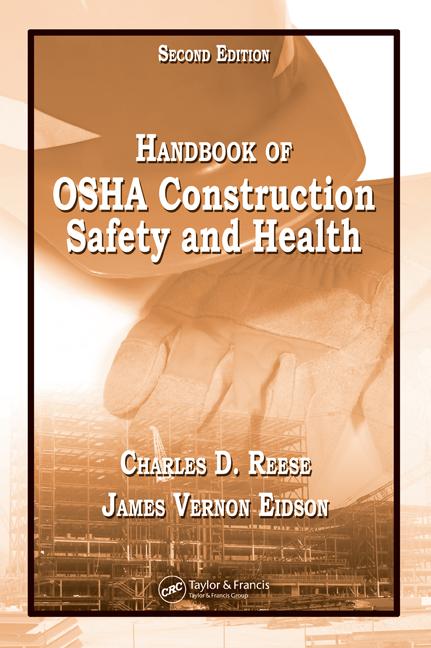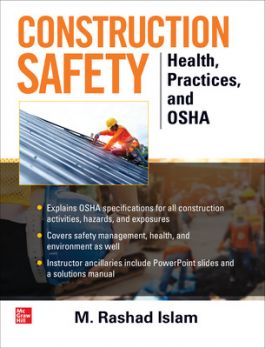 A recent ruling by the U.S. Supreme Court means that employers “should not accept an OSHA citation alleging violations more than six months old,” according to two lawyers who specialize in occupational safety and health law.
A recent ruling by the U.S. Supreme Court means that employers “should not accept an OSHA citation alleging violations more than six months old,” according to two lawyers who specialize in occupational safety and health law.
James A. Lastowka and Arthur G. Sapper of McDermott Will & Emery LLP say that in Gabelli v. SEC, the court unanimously disapproved of the so-called discovery rule for postponing the running of a statute of limitations when a federal government agency seeks a civil penalty, and held that the limitations period begins to run once a violation occurs, and is not postponed until the agency discovers or reasonably should have discovered the violation.
“Although the Gabelli decision did not directly deal with the Occupational Safety and Health (OSH) Act, it effectively eliminates what might have remained of the OSH Review Commission’s 1993 Johnson Controls decision, which had endorsed the use of a discovery rule in Occupational Safety and Health Administration (OSHA) recordkeeping cases,” write Lastowka and Sapper in an analysis.
“Together with the U.S. Court of Appeals for the District of Columbia Circuit’s decision in AKM LLC dba Volks Constructors v. Secretary of Labor, 675 F.3d 752 (D.C. Cir. 2012), Gabelli ends any possibility of OSHA extending the OSH Act’s limitations period. In Volks (in which McDermott represented the employer), the D.C. Circuit disapproved of OSHA’s continuing violation theory, under which the limitations period does not begin to run until the violation is corrected. Although the D.C. Circuit reserved in a footnote whether OSHA might use a discovery rule to extend the limitations period, the Gabelli decision eliminates that possibility.
Lastowka is head of the MWE OSHA, MSHA & Catastrophe Response group. Sapper focuses on OSHA and MSHA law.



